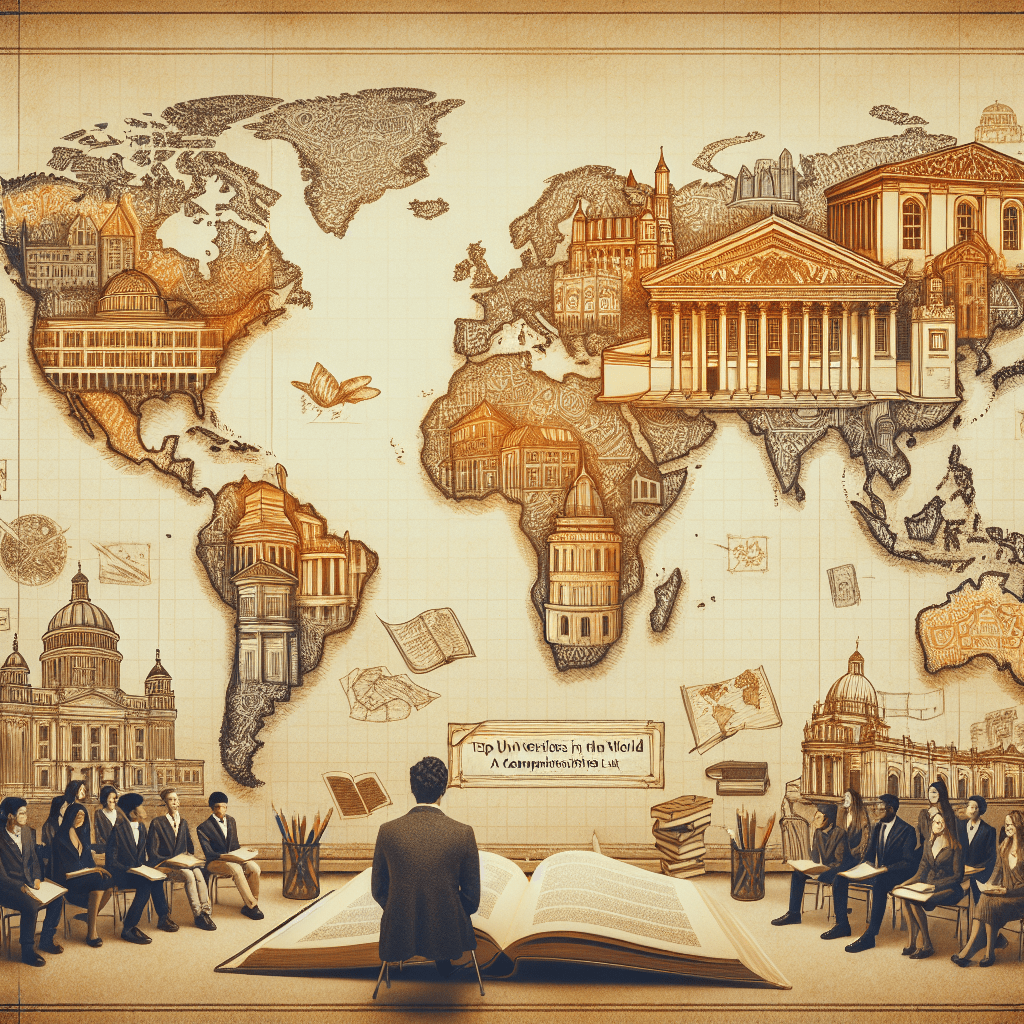Mastering the Art of Teaching: Essential Courses for Future Educators
Teaching is not merely a profession; it is an art that requires a unique blend of passion, knowledge, and skill. For future educators, mastering this craft is vital to inspire and empower the next generation. Pursuing a well-rounded educational pathway equips aspiring teachers with the tools they need to succeed in diverse classroom settings. Here are some essential courses that every future educator should consider as part of their training.
Educational Psychology
Understanding how students think, learn, and retain information is crucial for effective teaching. An educational psychology course provides insight into cognitive development, learning theories, and the psychological factors that influence student behavior and motivation. By grasping these concepts, educators can tailor their teaching strategies to meet the varied needs of their students.
Curriculum Development and Instructional Design
Future educators must learn how to design and implement curricula that engage and challenge learners. Courses in curriculum development focus on creating effective lesson plans, integrating technology into instruction, and assessing student progress. These skills ensure that educators can create dynamic learning environments that foster critical thinking and creativity.
Classroom Management
Effective classroom management is essential for maintaining a productive learning atmosphere. Courses in this area teach strategies for establishing rules and routines, managing student behavior, and facilitating a positive classroom culture. Understanding these principles empowers educators to create a safe and respectful environment where all students feel valued and engaged.
Teaching Diverse Learners
Today’s classrooms are increasingly diverse, comprising students from various cultural, linguistic, and socioeconomic backgrounds. Courses on teaching diverse learners provide crucial knowledge about inclusive teaching practices and culturally responsive pedagogy. Educators learn how to address the needs of all students, ensuring that everyone has the opportunity to succeed.
Assessment and Evaluation
Assessment is a fundamental component of the educational process. Courses focused on assessment and evaluation equip future teachers with the skills to design, implement, and analyze various assessment methods. Understanding how to assess student learning accurately informs instructional decisions and helps teachers monitor progress effectively.
Technology in Education
As technology continues to reshape the educational landscape, it is essential for future educators to be proficient in educational technology. Courses that focus on integrating technology into teaching strategies prepare educators to use digital tools and resources to enhance learning experiences. This includes understanding online teaching platforms, digital media creation, and the use of educational software.
Special Education
A foundational understanding of special education is crucial for all educators. Courses in this field offer insight into the needs and challenges faced by students with disabilities. By learning about individualized education plans (IEPs) and inclusive practices, future educators can create supportive environments that accommodate all learners.
Ethics and Professionalism in Education
Educators must navigate complex ethical issues in their practice. Courses in ethics and professionalism guide future teachers in understanding their responsibilities to students, families, and the community. Topics may include equity in education, confidentiality, and professional conduct, which are vital for fostering trust and integrity in the teaching profession.
Conclusion
Mastering the art of teaching involves both theoretical knowledge and practical skills. By enrolling in these essential courses, future educators can build a solid foundation that prepares them for the challenges and rewards of the classroom. As they cultivate their teaching abilities, they will also inspire and shape the minds of their students, ultimately making a lasting impact on society. The journey to becoming an effective educator starts with a commitment to lifelong learning and professional growth.







